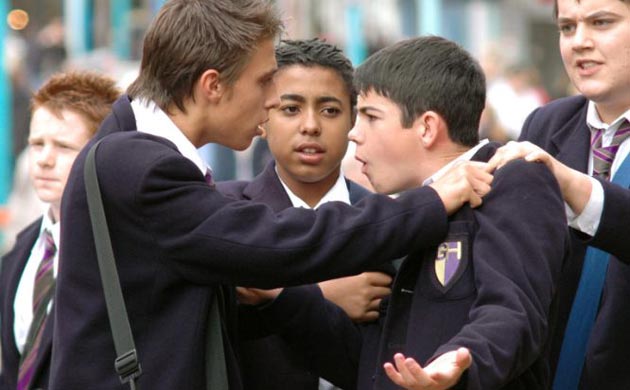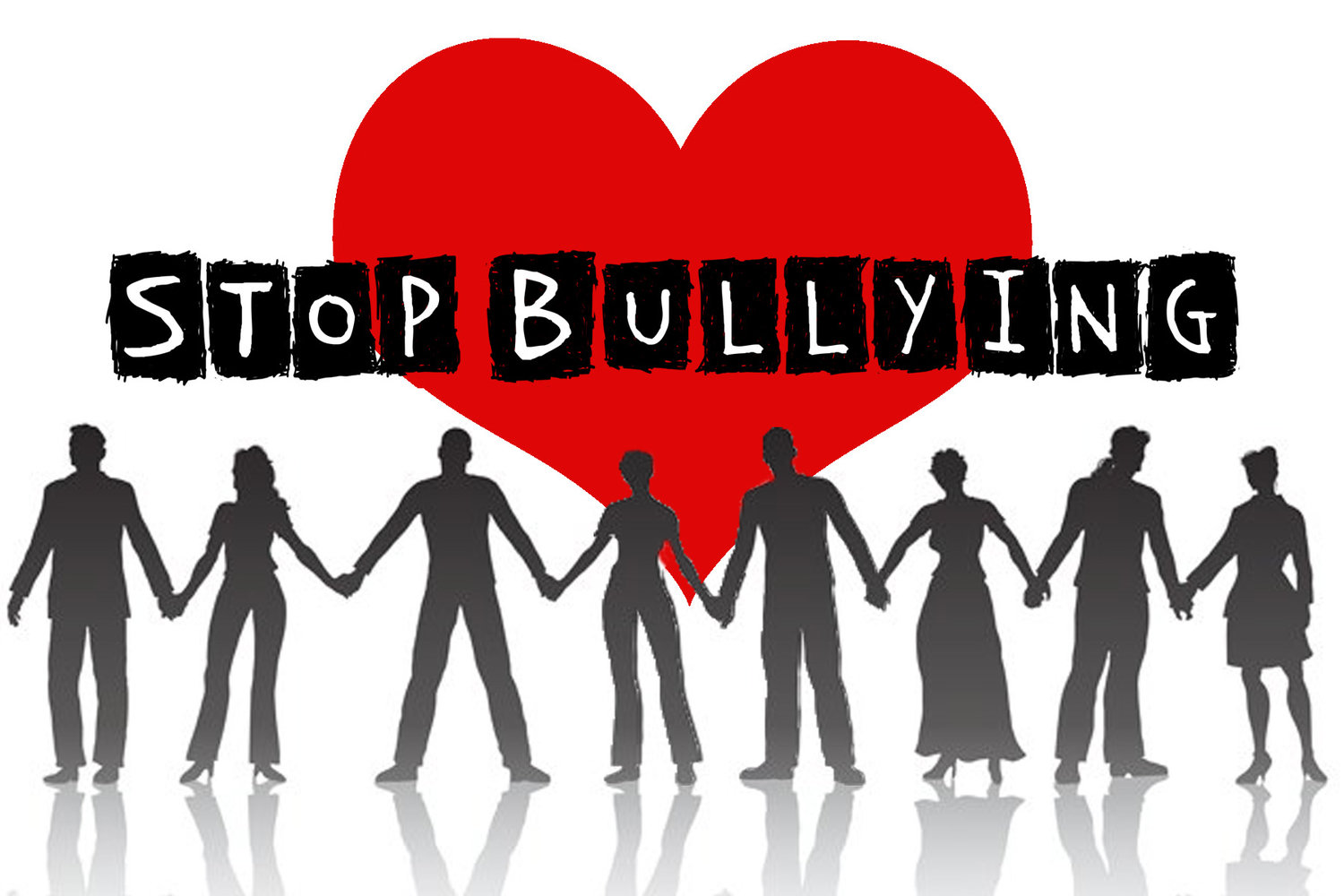By Mimansa Singh Tanwar
Every day we see and read instances of aggression by children in school and by adults on reality television or news. There are instances where people takes names on social media and shout on TV shows. Aggressive talking which could be a form of bullying, is these days considered as a more effective way of expressing thoughts.
What is sad and concerning is the section of our society that gets most affected by such show of behaviour; the adolescent group. The prevalence of bullying in schools has been known for a long time. Several studies have shown that verbal, physical, social, relational and cyber-bullying over a long period of time has serious consequences like emotional instability.

As parents we invest so much during our children’s academic years but do we really educate them on the right skills to deal with social-emotional difficulties like bullying?
What can I do as a parent to prevent the cycle of bullying?
- Self-esteem: Both the bully and the victim struggle with low self-esteem. The bully externalizes aggression and power on potential victim to mask their low self-esteem. The victim internalizes and finds it difficult to stand up for themselves. Know your child’s self esteem by asking them how they would define themselves to understand their self-perception. If you find their self-esteem is low, work on their strengths and recognise their efforts.
- Emotional Regulation: Give space to your children for emotional expression and provide validation. For those children who show a tendency of frequent anger outbursts, provide them with the right skills to regulate their emotion by teaching them breathing exercises, counting backwards and other ways to manage their anger. At the same time, it is important that we as parents do not engage in coercive compliance from our children, coming from a position of authority. We must engage in a more participative approach with them.
- Teach Assertiveness Skills: Assertiveness is about standing up for yourself while not being aggressive at the same time. The ability to say ‘no’ is very important as it empowers children to set the right boundaries for themselves.
- Building Empathy: Connect thoughts, feelings and behaviours for children to build empathy within them. Use teaching moments to talk your children and to inculcate the empathetic understanding required in relationships with friends and family.

What should I do when I know my child is being bullied?
- Listen patiently: It is not easy for children to openly talk about their situation as it may cause them to feel shameful, distressed or worried as to how you may react. Listen to your child patiently and make him or her feel comforted. Withhold your own emotions of feeling angry or sad as that can overwhelm the child, and give your child the space to express and validate their emotions. You can use simple statements like “I understand that you are feeling frustrated and sad, we will support you through this”. Reassure them that you all will figure out about this together.
- Build on assertive skills: Children who get bullied often find it difficult to say ‘no’. They get pushed around by people and hence it is important to teach your child both verbal and non- verbal assertive skills to help in boundary setting. Assertiveness is also about the right body posture and adequate eye to eye contact.
- Stay calm and pretend to be unaffected: it is difficult for kids to ignore such situations as it evokes their feelings of anger and shame. One must teach them skills to hold their anger by breathing deep and to not feel affected when the bully tries to cause psychological harm. For example, imagine the bully as a cartoon who is talking to you in a funny tone.
- Role Play: Children are vulnerable when they are in the middle of the actual bullying situation. This can deplete self- confidence further. A child may find it difficult to apply the skills in the right way, at the right time. Doing role plays at home can help them in facing the bully. Choose various scenarios and make them think how they can respond to such situations. For example, how to play along when someone is making fun of you or how to use humour to diffuse the situation. Rehearse with your child to build their confidence to handle real-life situations.

- Take support from a buddy: Encourage your child to talk to friends about the bullying, their feelings and the impact of bullying. Help your child identify peers whom they can trust and who would support the child in front of the bully.
- Talk to the school: Depending upon the severity of the situation, talk to the concerned teachers at school to provide support to the child. Teachers can play a role in sensitization, monitoring and preventing such situations from becoming worse.
- Reach out to an expert: In cases where children show signs of isolation, anxiety, persistent dullness, irritability, social withdrawal and may also be desirous of skipping school, you need reach out to an expert. The child could be struggling with very low self-esteem and poor social adjustment and may show signs and symptoms of anxiety or depression. A psychologist or counsellor would be able to help the child by working on developing adaptive skills.
About the Author

Twitter: @mimansasingh
Mimansa has been practicing in the field of Psychology for the last 8 years and has been integrally involved in working with children and adolescents. Her passion is in working towards enhancing the mental health of school aged children. She has been also been conducting numerous workshops and seminars over the years with students, teachers and parents. She also conducts workshops in corporate on lifestyle and stress related issues and has keen interest qualitatively working towards mental well-being in organizations. Through media she has been working towards making Mental Health a priority for the young members of our society.